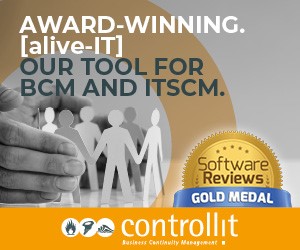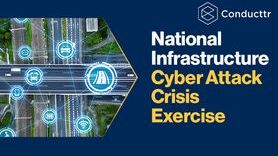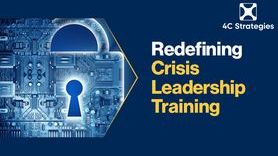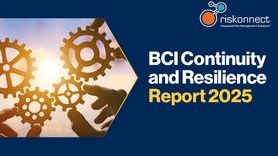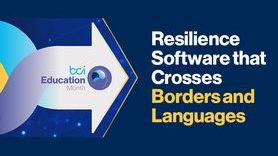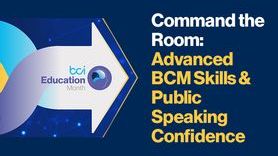Roles of Management

Reduce uncertainty about what matters most: How to take the lead in managing risk. There is a huge amount of literature on the best way for risk teams to structure, organise, set guidance, and support organizations to manage risk. However useful these documents may be, they typically fail to address the most fundamental challenge in the management of risk in a practical way.
Here are some thoughts from the Battleground team based on their experience working with leaders to help them act with confidence.
Learn
To manage risk well, leaders must be open to new knowledge – in fact new knowledge is the only way uncertainty can be reduced. Being open to advice from others, to learning from mistakes (and successes), being able to change course when events veer off course are all fundamental to managing risk. Leaders must also be open to new knowledge that challenges their assumptions and be able to constantly modify their world-view and recalculate the relative benefits of different options as facts change.
Top tip:
Encourage and lead open reflective conversations on what worked, what didn’t and what will be done differently on a regular basis with your team.
Network
Understanding the role you play in a complex organization, or web of organizations seeking to achieve a goal is vital. A good leader will think through the end-to-end of an organization and connect their area with both organizational objectives and the things they are dependent on. So much uncertainty within organizations derives from a lack of understanding of the objectives, goals, constraints and assumptions of others – and understanding this information is vital to making good decisions if rely on others to achieve your goals.
Top tip:
Engage with and seek to understand your colleague's risks, objectives, and constraints, and use this information to challenge your own thinking. Check whether their assumptions about the organization align with yours.
Anticipate
First off, be clear that anticipation is not prediction. Prediction is hard, and the costs of predicting incorrectly are significant. Anticipation is about understanding the potential futures, but more importantly, understanding how they might impact on your objectives, people, reputation, infrastructure, sites and external dependencies.
While having a view of the potential scenarios that might play out in your organization is vital to anticipation, it is just as important to have a good handle on how your organization could be impacted and how you would respond when these events occur, to help generate options for dealing with an unpredictable future with confidence.
Top tip:
Consider event-agnostic planning as you prepare for shock events and focus on how you will keep going towards your goals, no matter the disruption.
Decide and Act
Good decision making and execution of those decisions (execution is just as, if not more important, and often overlooked) has three key steps:
- Consult widely: It is up to the decision maker to consult widely and at the right time, not just with those who support, but also with those who might challenge. Diversity of views helps build a good decision and, importantly, options to execute.
- Decide clearly: There are two key elements to clear decision making. Firstly, what you know (or think you know) and the second is what you don’t know. Be clear on assumptions; Assumptions are inherent in decision-making. However, it’s crucial to differentiate between grounded assumptions and mere speculations. Clearly documenting and communicating assumptions can prevent costly misunderstandings later.
- Execute with confidence: Have clear built-in parameters to review the quality of your decision, but within those parameters execute with full confidence - while monitoring effectiveness.
Top tip:
Use consistent methods in your decision making and execution process to drive consistency. Consider up front how you will know if you have made and delivered the right decision and track variation.
Use the risk function to support you
Leaders in every organization must take accountability for their relationship with their risk teams and seek to get the most value out of those teams.
Leaders need good advice from their risk teams, they need to trust their risk teams, but more than anything they need good data from their risk teams. They need systems that enable them to learn about risks across the organization and how they may impact them, they need systems that tell them if their assumptions may not be as accurate as they hoped, they need systems that tell them who to talk to reduce their uncertainty.
Top tip:
Engage with your risk team and set out what information you, as a leader, need to help you manage risk well. Use them as a service provider to give you the information you need. Challenge them if they cannot.
Contact the Battleground team to learn more about how we can help you build your risk management capability for tomorrow, today.

